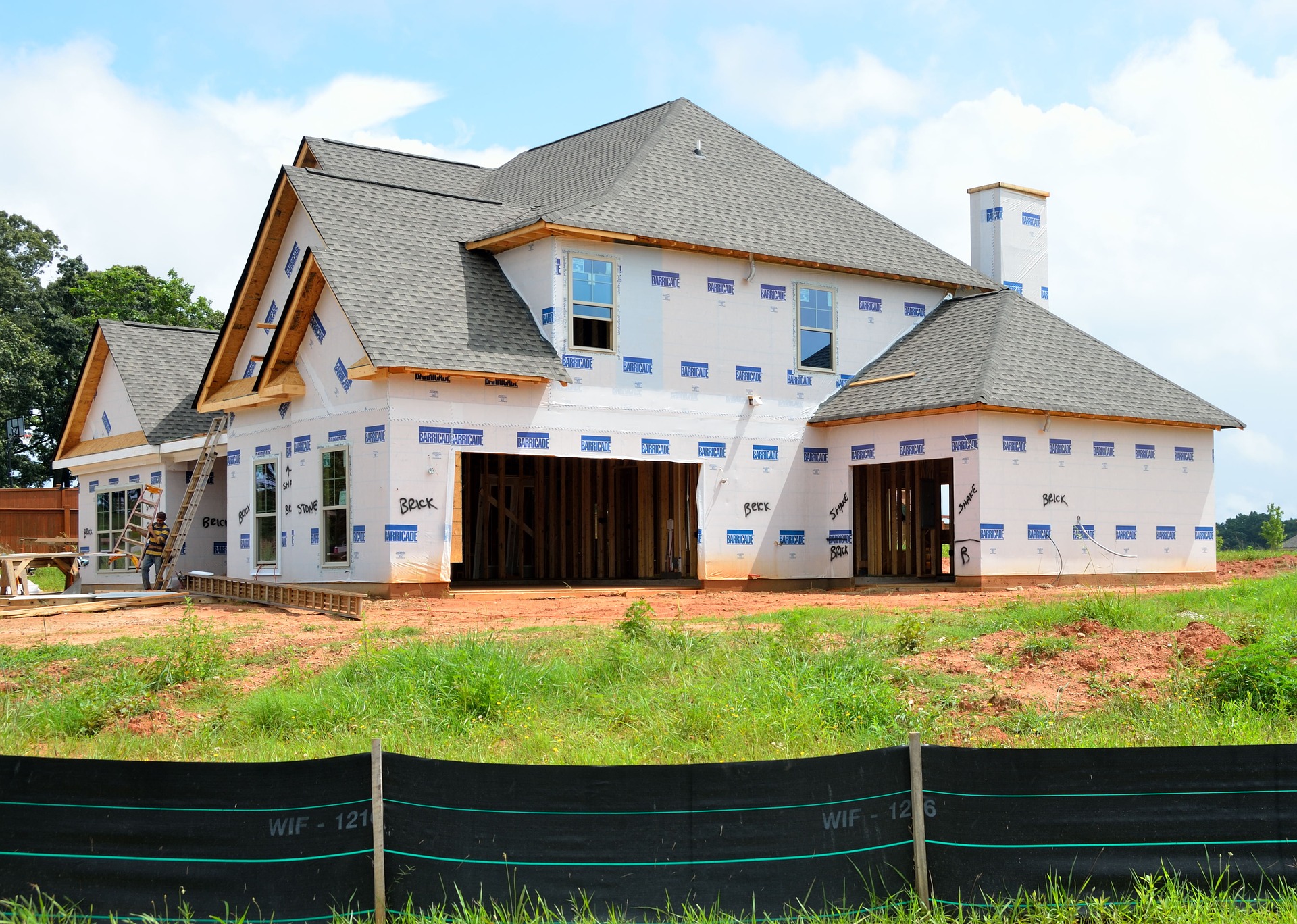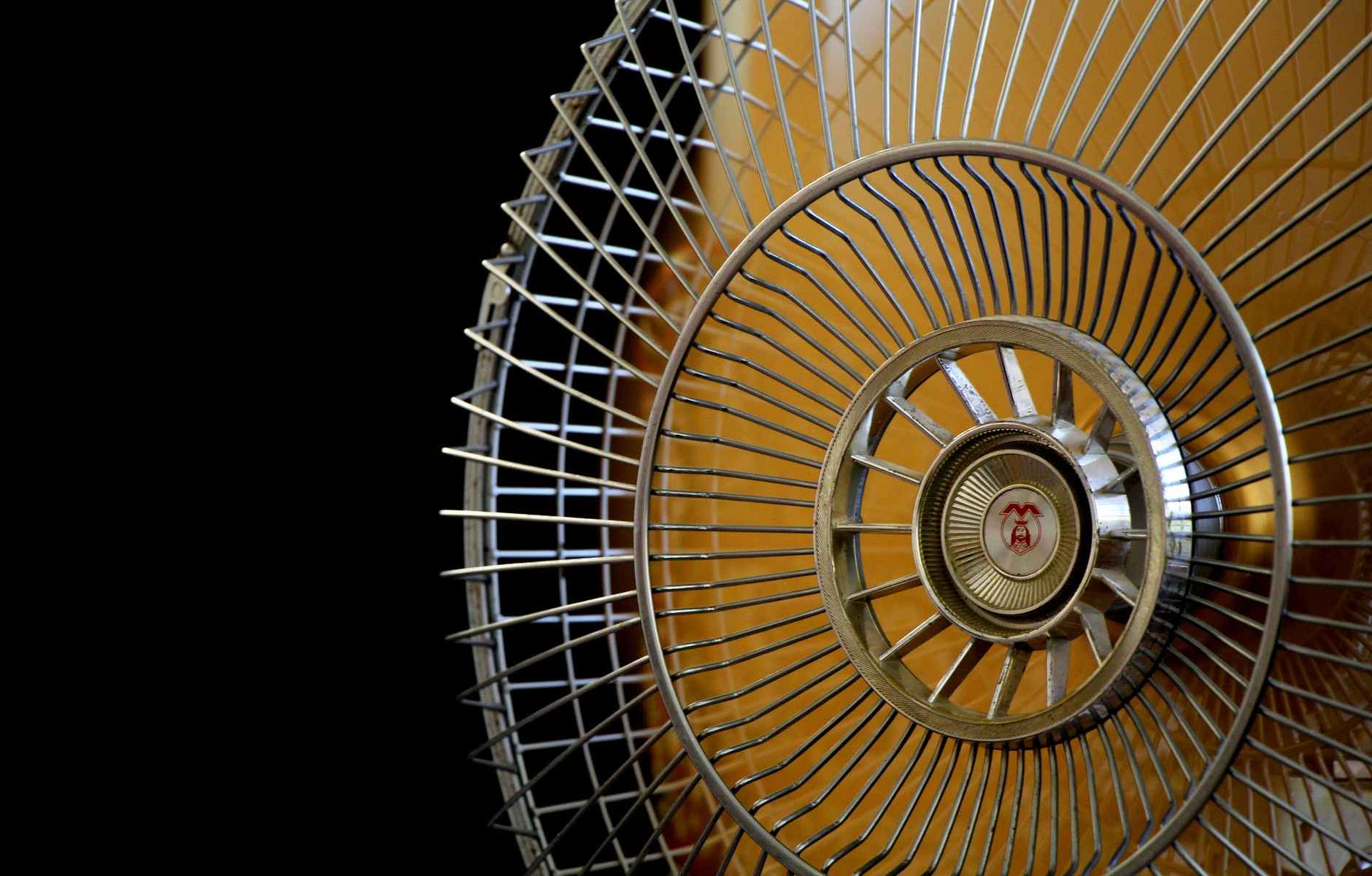Summer is right around the corner, which means it’s time to start thinking about how you’re going to keep cool. There are a few different options available, but two of the most popular are heat pumps and air conditioners.
Both have their pros and cons, but which one is better for the environment? Let’s take a closer look at both options and determine which one is the more eco-friendly choice.
What Is a Heat Pump?
A heat pump is a device that uses a small amount of energy to move heat from one place to another. In the summer, it can be used to move heat from your home into the outside air. In the winter, it does the reverse and moves heat from the outside air into your home.
How Does a Heat Pump Work?
Heat pumps work by using a refrigerant to absorb heat from the air or ground. The refrigerant then transfers the heat to either the inside or outside of your home, depending on whether you are trying to cool or heat your home.
What Are the Pros of Heat Pumps?
There are several pros when it comes to choosing a heat pump over an air conditioner. They use less energy than air conditioners, which means they are more environmentally friendly. They can also be used in both warm and cold climates, whereas air conditioners are only helpful in warm climates. Finally, heat pumps can provide both heating and cooling, whereas air conditioners can only provide cooling.
What Are the Cons of Heat Pumps?
There are also a few cons to take into consideration when choosing a heat pump over an air conditioner. First, they require regular maintenance for optimal performance. Second, heat pumps cannot cool your home as quickly as an air conditioner. Finally, they are more expensive than air conditioners, which is especially unfortunate because they do not last as long as AC units do.
What Is an Air Conditioner?
An air conditioner is a device that removes heat from the air inside your home and transfers it to the outside air. Similar to a heat pump, it works by using a refrigerant to absorb heat from the air inside your home and then releasing it outside.
How Does an Air Conditioner Work?
Air conditioners work by using a refrigerant to absorb heat from the air inside your home. The refrigerant then transfers the heat to the outside air, where it is released.
What Are the Pros of Air Conditioners?
There are several pros when it comes to choosing an air conditioner over a heat pump. First, they can cool your home more quickly than a heat pump. Second, AC units require less maintenance than heat pumps. Finally, they are less expensive than heat pumps.
What Are the Cons of Air Conditioners?
There are also a few cons to take into consideration when choosing an air conditioner over a heat pump. First, they can only be used in warm climates. Next, AC units use more energy than heat pumps, which means they are less environmentally friendly. Finally, they can only provide cooling, whereas heat pumps can provide both heating and cooling.
Which One Is Better for the Environment?
This question is more complicated than it first appears on the surface. Because heat pumps need to be replaced more frequently, the cost of building the units, shipping them to their destination, installing them, and disposing of the old units also comes with ecological costs. Switching a household that has been wired and ducted for one type of system to the other system can be similarly challenging and expensive.
Additionally, heat pumps are not efficient at extremely cold temperatures. This means that people who live in certain parts of the country would actually use more energy if they installed heat pumps than if they installed traditional furnaces. Finally, because heat pumps are more expensive, it may be more economical to buy an air conditioning unit with a higher SEER rating for the same price.
The pros and cons of a heat pump versus an air conditioner are therefore too complicated to answer in a single blanket statement. However, the majority of households should at least take the question into consideration the next time they are replacing their current system. HVAC professionals in your area can provide insight into the most efficient decision for your particular situation.

